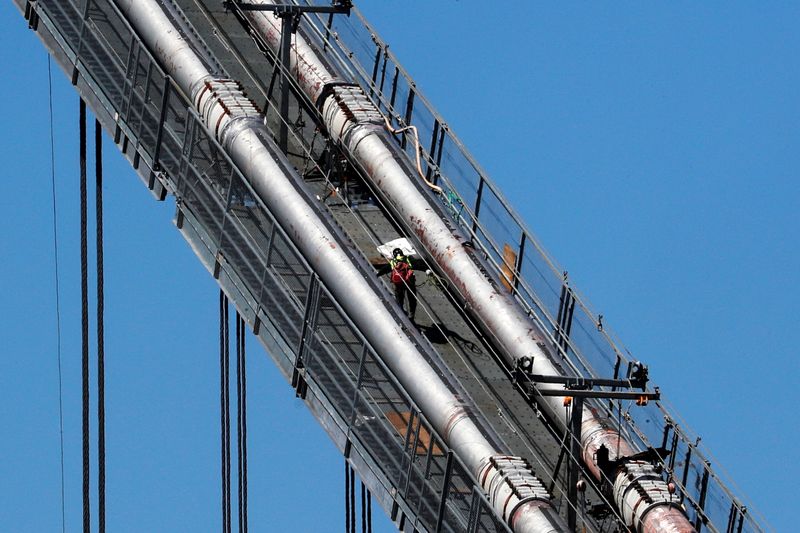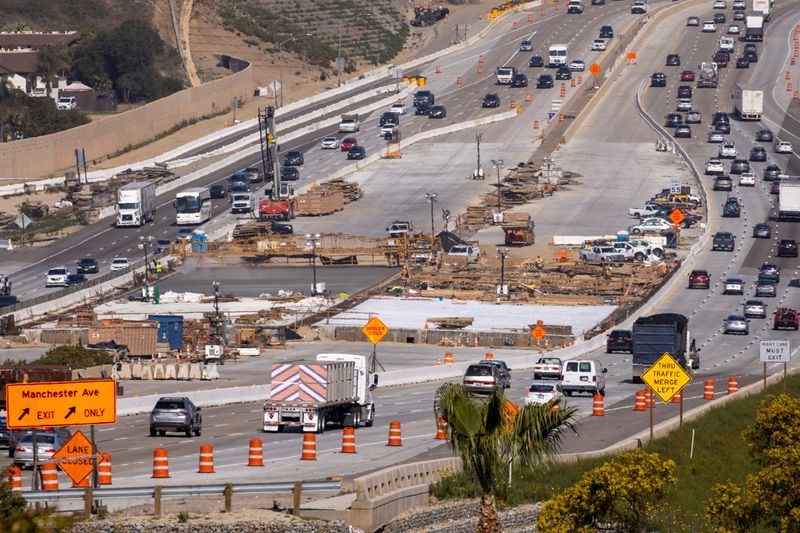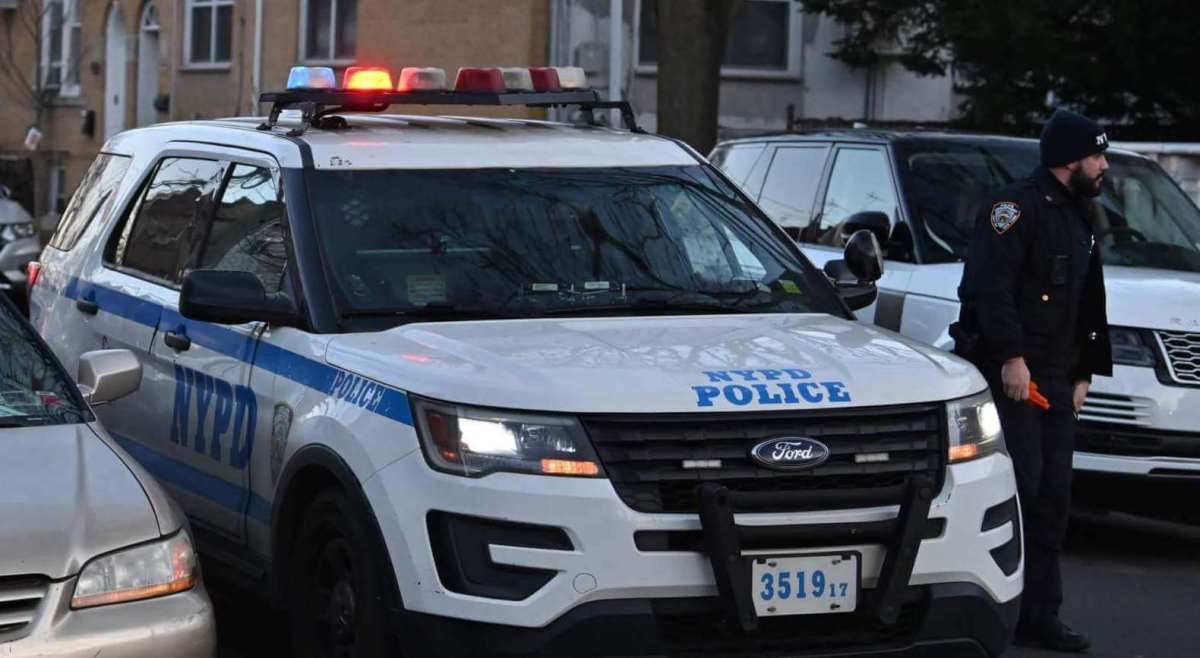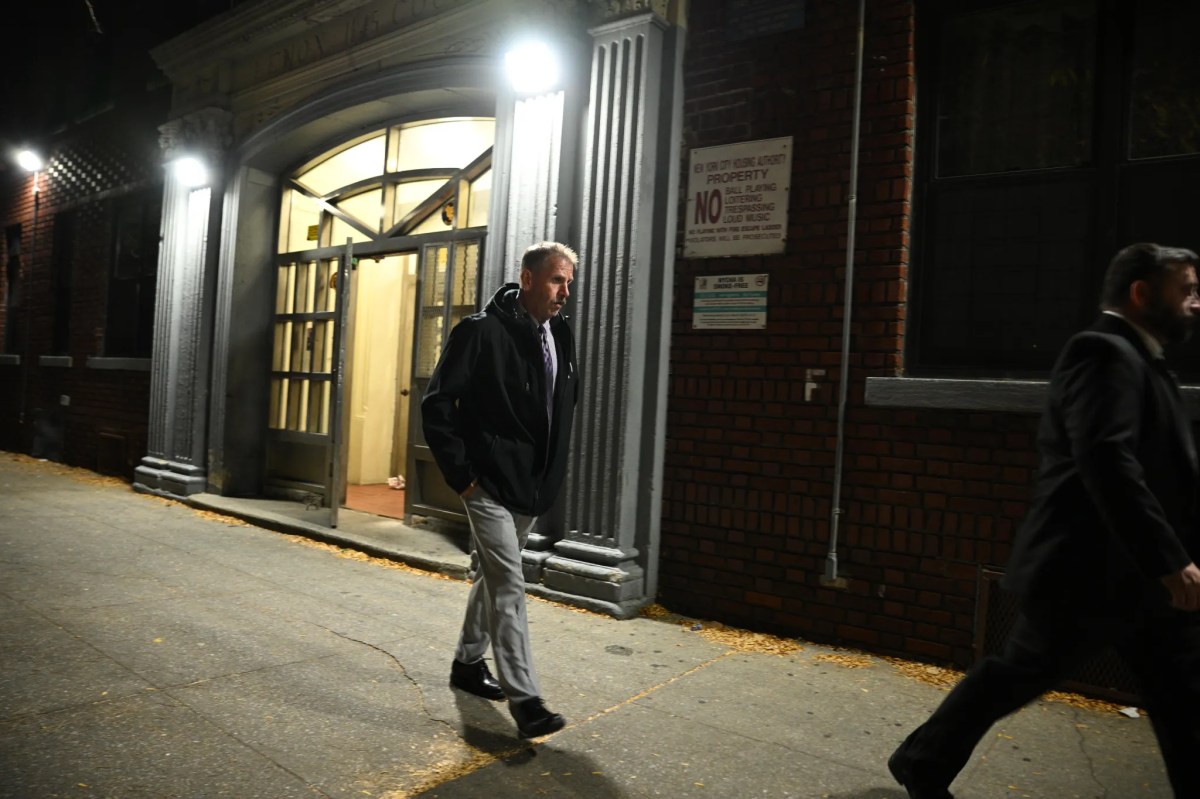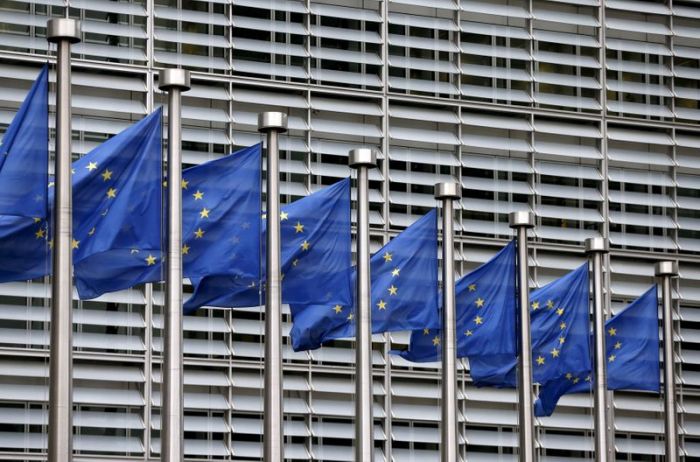WASHINGTON (Reuters) – President Joe Biden’s massive infrastructure plan would create millions of jobs, undoing some of the economic damage inflicted by the coronavirus pandemic, economists said, with lower middle-income workers and minorities possibly benefiting the most.
Biden will unveil the first stage of his $2 trillion plan on Wednesday at an event in Pittsburgh. It will include hundreds of billions of dollars devoted to building and repairing roads, bridges, mass transit, schools and other infrastructure, according to details released by the White House earlier on Wednesday.
About 75% of the infrastructure jobs created would go to workers with no more than a high school diploma, while the rest would require an associate’s degree or higher, Georgetown University’s Center on Education and the Workforce (CEW) in Washington said in a report.
The report, issued before the White House released the details of the infrastructure plan, analyzed jobs that would be created by a $1.5 trillion investment.
CEW estimates the investment would create 8 million jobs for workers with a high school diploma or less and 4.8 million jobs for those with more than a high school diploma but less than a bachelor’s degree.
“What’s interesting is that this plan really gives them a chance to create opportunity for people who have a high school degree or less,” Nicole Smith, research professor and chief economist at Georgetown’s CEW, told Reuters.
Smith said the pandemic had exacerbated a trend that has seen the United States continue to bleed blue-collar jobs over the past 10 years.
Biden, a Democrat, has constantly positioned himself as a pro-labor president and advocated for policies such as raising the minimum wage and those that make it easier for workers to unionize.
His infrastructure plan also takes square aim at racial inequalities. “Unlike past major investments, the plan prioritizes addressing long-standing and persistent racial injustice,” according to a fact sheet with details of the plan shared by the White House.
For example, new investments in transportation addresses highways that physically divided communities. The new plan includes $20 billion for a new program that reconnects neighborhoods and promotes access.
There is also a $213 billion investment to produce, and retrofit more than 2 million affordable homes for low-income homebuyers and a plan to target 40% of the benefits of climate and clean infrastructure investments to disadvantaged communities.
It also offers a tax credit to communities of color and low-to-middle-income families and businesses to invest in disaster resilience and relocation assistance.
POLITICAL PLAY
Voters without a college degree have increasingly sided with Republicans in recent years. The infrastructure plan, which is expected to be contentious in a Congress narrowly controlled by Democrats, could give Biden’s party a chance to reverse that trend, economists said.
Dean Baker, senior economist for the Washington-based Center for Economic and Policy Research (CEPR), said at least 20% of Republican voters in the 2020 U.S. election are focused on changes in the economy, jobs and wages.
“There is a chance this plan can help move a large share of that (group) and protect the Democrats from … midterm losses if they pull this off and things go reasonable well,” Baker said, referring to the 2022 congressional elections.
Many Republicans are wary of Biden’s infrastructure plan, especially if it is financed with tax increases that they argue would kill jobs. Biden has indicated he will put corporate America on the hook for the tab.
(Reporting by Nandita Bose in Washington; Editing by Heather Timmons and Paul Simao)

